
Recommendation
In November 1922, three young, restless and ambitious World War I veterans – Cecil Lewis, John Reith and Arthur Burrows – launched an idealistic project that evolved into the British Broadcasting Corporation. With the war’s devastation still fresh, they didn’t want to offer a mere diversion. They wanted to reach all classes of British people, educate them and create a national culture. From small beginnings, the BBC invented radio news and adapted to TV as it covered World War II and the United Kingdom’s postwar cultural changes. “The Beeb’s” journey has been turbulent, as academician David Hendy details in this compelling portrait of the development of broadcast journalism, but it became the first medium that reached millions of people simultaneously.
Summary
About the Author
David Hendy is emeritus professor of media and cultural history at the University of Sussex. He also wrote Life on Air: A History of Radio Four.









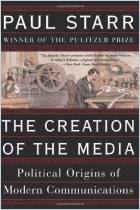
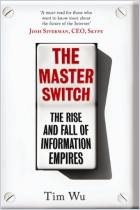
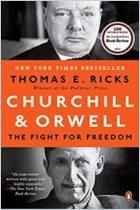
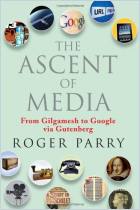
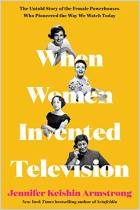








Comment on this summary